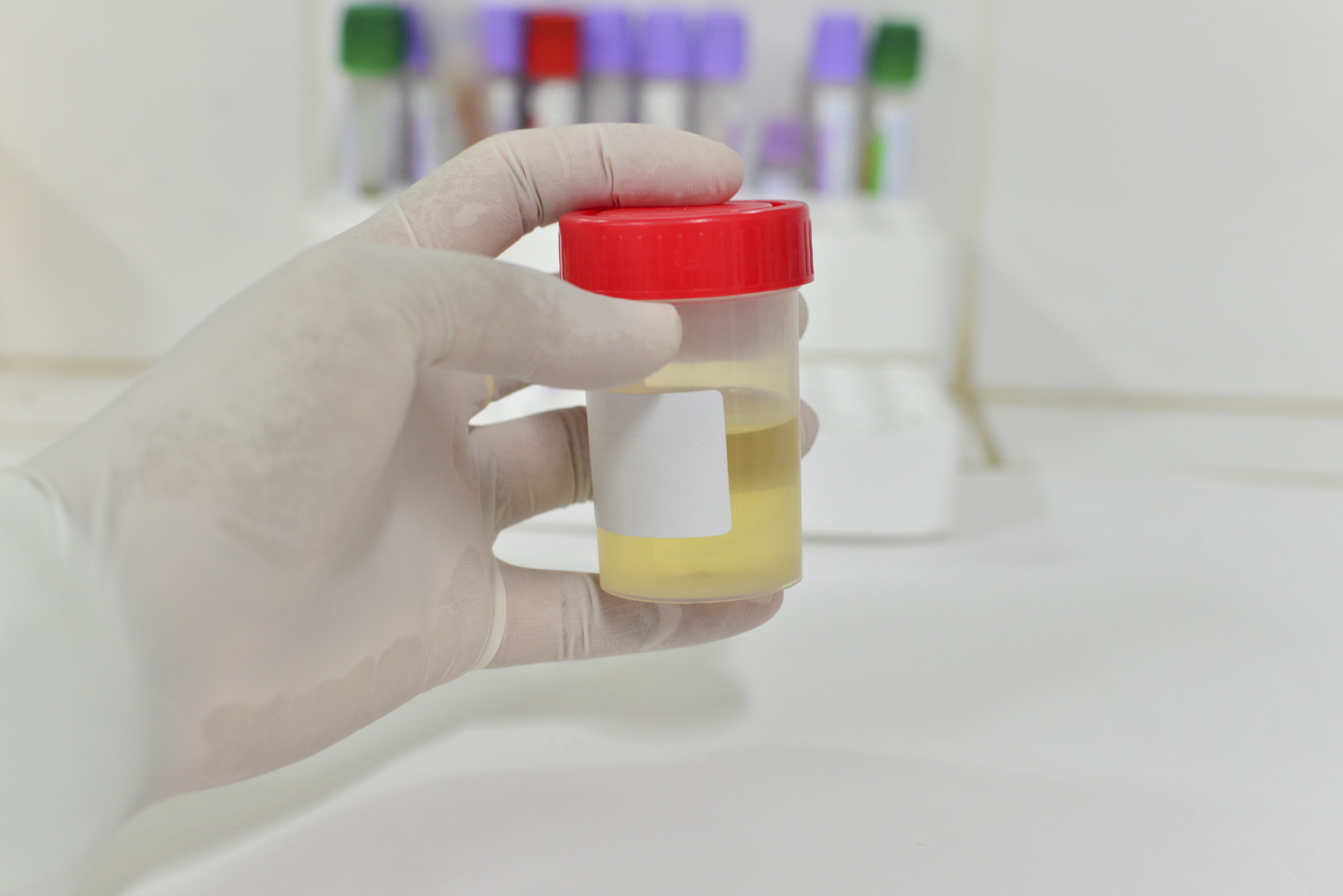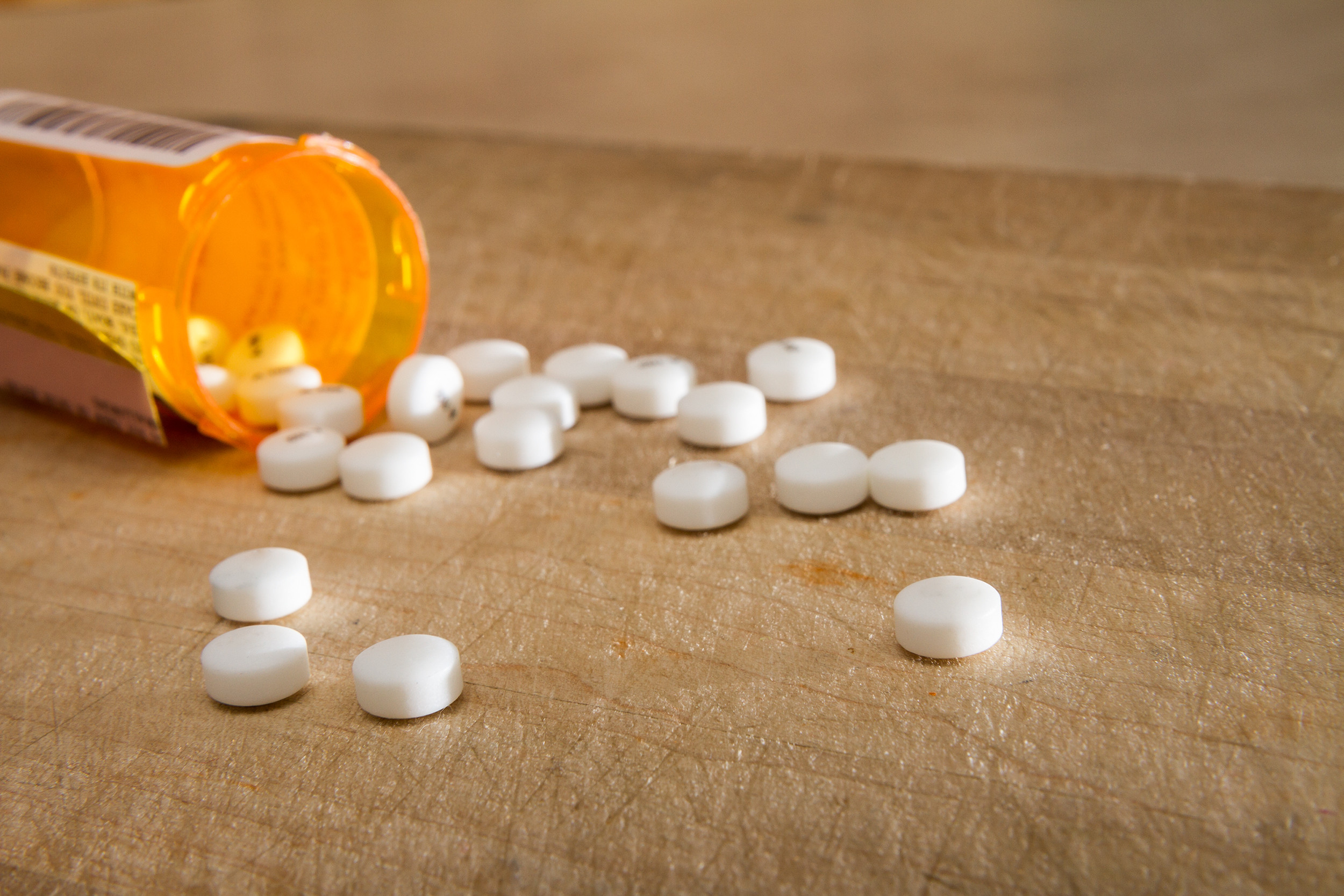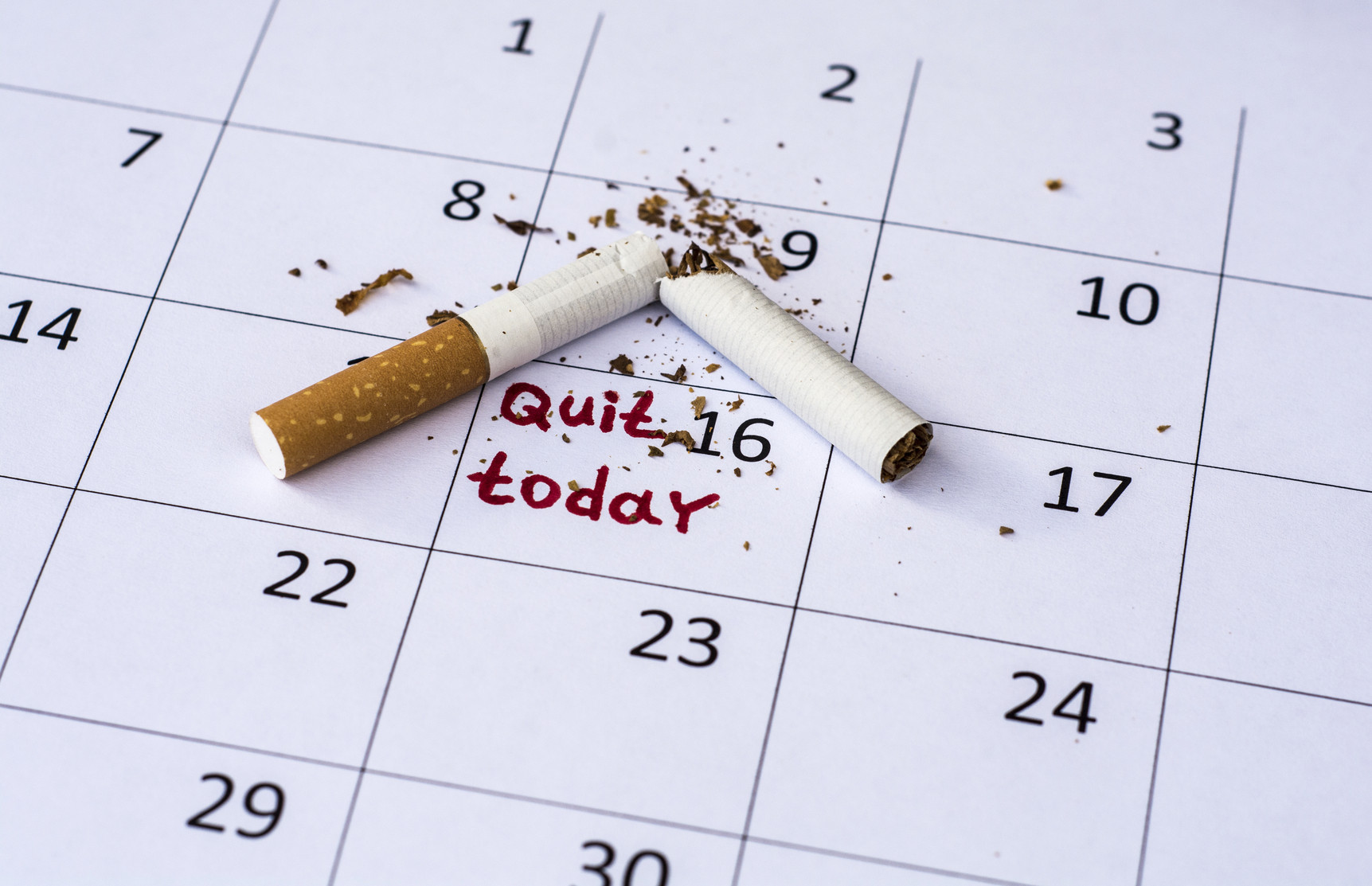
5 timeless habits for better health

What are the symptoms of prostate cancer?

Is your breakfast cereal healthy?

When pain signals an emergency: Symptoms you should never ignore

Does exercise give you energy?

Acupuncture for pain relief: How it works and what to expect

How to avoid jet lag: Tips for staying alert when you travel

Biofeedback therapy: How it works and how it can help relieve pain

Best vitamins and minerals for energy

Should you take probiotics with antibiotics?
Harvard Health Blog
Read posts from experts at Harvard Health Publishing covering a variety of health topics and perspectives on medical news.
Articles
4 back to school tips to get your child off to a great start
As summer begins winding down, it’s time to begin preparing your children for life back at school. Although going from a relaxed summer to a regimented schedule can be difficult at first, parents can follow simple steps to set up their kids for health and academic success as they get back into the swing of school.
New urine test predicts high-grade prostate cancer
Researchers believe that a non-invasive screening test that can identify genetic markers for high-grade prostate cancer in urine may eventually reduce the number of prostate biopsies needed. However, experts also caution that while the number of non-invasive tests for prostate cancer diagnosis is growing, these are still early days in their development.
The 5 things parents need to know about drowning
About 10 people die from drowning every day. Of these 10 people, two are children. For every child that dies from drowning, five other children are treated in hospitals for injuries sustained from drowning. Although swimming can be a dangerous activity for even the most experienced swimmer, there are ways that parents can help protect their children from the dangers of drowning. Fencing off your pool, teaching your child how to swim and simply being observant of your child in any sort of water are all easy steps to help keep your child safe.
Fentanyl: The dangers of this potent “man-made” opioid
Fentanyl is a powerful synthetic opioid. It is far more potent — and potentially more dangerous — than heroin and morphine. Overdose deaths related to fentanyl are on the rise. The drug is cheaper than heroin and recently is being used to dilute heroin or substitute for it. Users may be unaware that they are taking this potent drug, or may even seek its intense high. People at risk from using fentanyl can be treated successfully with therapies used for other opioid use disorders, but taking steps to prevent overdose are critical until a person is ready to seek care.
New urine test predicts high-grade cancer
Suspicious findings from prostate cancer screening are often followed by a procedure most men would prefer to avoid: a prostate biopsy. But what if biopsies actually could be avoided on the basis of non-invasive test results? Screening tests are moving in that direction, with some intriguing results. One of them, the Prostate Health Index blood test, combines measures of three forms of prostate-specific antigen (PSA) into a score that helps doctors predict if a cancer is likely to progress, with an aim to circumvent biopsies that aren’t necessary.
Beating osteoarthritis knee pain: Beyond special shoes
For people suffering from knee osteoarthritis, one long-standing solution to knee pain was the use of “unloading” shoes. These shoes use stiffer soles and slightly tilted insoles that help to reposition the foot and ‘unload,’ or decrease, the pain on the knee. But a new study revealed that these shoes might not be any better than good walking shoes at relieving pain from knee osteoarthritis.
Pace to breathe — New treatments for sleep apnea
Sleep apnea is a common condition that currently affects 26% of all Americans. When a person suffers from sleep apnea, their breathing becomes shallow or even disrupted during their sleep. This results in poor sleep and daytime sleepiness. However, a recent study showed that the use of a pacemaker on the hypoglossal nerve in the neck effectively treated people with moderate to severe sleep apnea. Although there isn’t widespread use of pacemakers to treat this sleeping disorder just yet, it may be an effective solution for people with sleep apnea.
E-cigarettes: Good news, bad news
While e-cigarettes do not produce the tar or toxic gases found in cigarette smoke, this doesn’t make them a healthy option. The e-liquid found in e-cigarettes still contains highly addictive nicotine that also increases your risk of insulin resistance and type 2 diabetes. Nicotine also increases the risk of addiction to other drugs and may impair brain development. Rather than rely on the perceived benefits of e-cigarettes, people should avoid smoking altogether.
Quitting smoking during the second half of the menstrual cycle may help women kick the habit
Studies have shown that not only do women have a harder time quitting than men, but they also experience more severe health consequences from smoking. However, new research suggests that it may be easier for women to quit smoking during the second half of their menstrual cycle. During this time, the hormone progesterone is higher, and this appears to aid in quitting and avoiding relapse.
Fewer allergies: A possible upside of thumb sucking and nail biting
It’s no surprise that children suck their thumbs or bite their nails. These behaviors are often discouraged, as they can go on to cause damaged teeth, infections, or even elicit teasing from other children. However, a new study suggests that there are benefits for children who exhibit these behaviors, as it makes their immune systems better at attacking germs and decreases their risk of developing common allergies. Although these habits may be irritating for parents, they may improve your child’s health in the long run.
New blood test for colon cancer screening: Questions remain
In April, the U.S. Food and Drug Administration (FDA) approved a new screening test for colon cancer, making it the first blood-based test for this type of cancer. While this test does make it more convenient for people to get screened for colon cancer, it is also less exact than the current screening methods. It is important to discuss your risk factors and screening options with your doctor.

5 timeless habits for better health

What are the symptoms of prostate cancer?

Is your breakfast cereal healthy?

When pain signals an emergency: Symptoms you should never ignore

Does exercise give you energy?

Acupuncture for pain relief: How it works and what to expect

How to avoid jet lag: Tips for staying alert when you travel

Biofeedback therapy: How it works and how it can help relieve pain

Best vitamins and minerals for energy

Should you take probiotics with antibiotics?
Free Healthbeat Signup
Get the latest in health news delivered to your inbox!
Sign Up

























